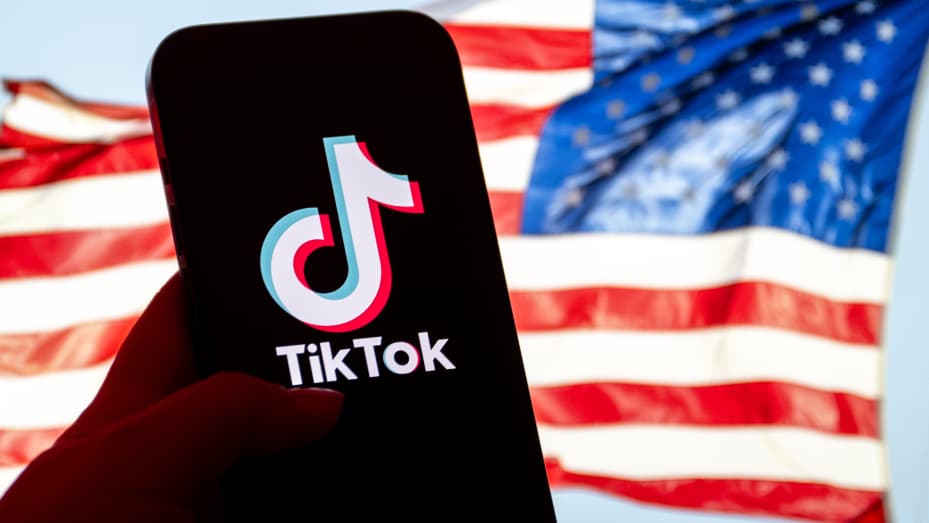The U.S. Justice Department filed a lawsuit against TikTok and its parent company ByteDance on Friday, alleging massive-scale privacy violations of children under 13 on the social media platform. The lawsuit, joined by the Federal Trade Commission (FTC), claims TikTok violated the Children’s Online Privacy Protection Act (COPPA) by failing to obtain parental consent before collecting personal information from users under 13.

TikTok, which boasts approximately 170 million U.S. users, is accused of knowingly permitting children to create regular accounts and share content without parental consent. The U.S. government alleges that for years, millions of American children under 13 have been using TikTok, with the platform collecting and retaining their personal information.
FTC Chair Lina Khan stated, “TikTok knowingly and repeatedly violated kids’ privacy, threatening the safety of millions of children across the country.” The FTC is seeking penalties of up to $51,744 per violation per day, potentially totaling billions of dollars if TikTok is found liable.
TikTok responded to the allegations, saying they disagree with many of the claims, some of which relate to past events and practices that have been addressed. The company stated it is proud of its efforts to protect children and will continue to update and improve the platform.

This lawsuit is the latest in a series of U.S. actions against TikTok and ByteDance over concerns about data collection practices and potential influence from the Chinese government. It comes as TikTok is fighting a new law that would force ByteDance to divest TikTok’s U.S. assets by January 19 or face a ban.
The case highlights ongoing concerns about children’s privacy in the digital age. On Tuesday, the U.S. Senate passed a bill that would extend COPPA to cover teenagers up to age 17, ban targeted advertising to kids and teens, and give parents and children the option to delete their information from social media platforms. The bill still needs to pass in the Republican-controlled House to become law.
As the legal battle unfolds, the case is likely to have significant implications for social media platforms and their data collection practices, particularly concerning young users.



